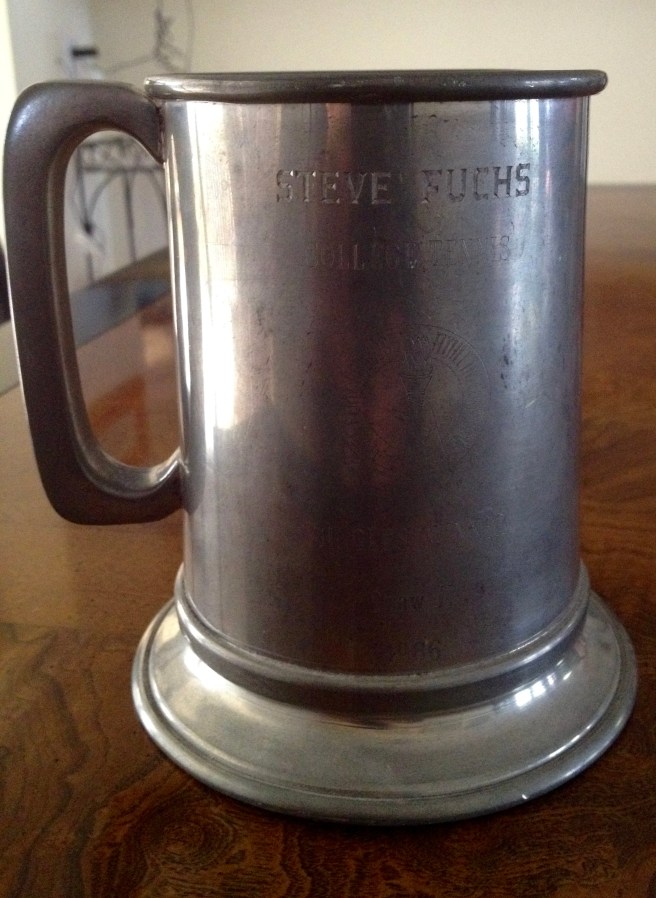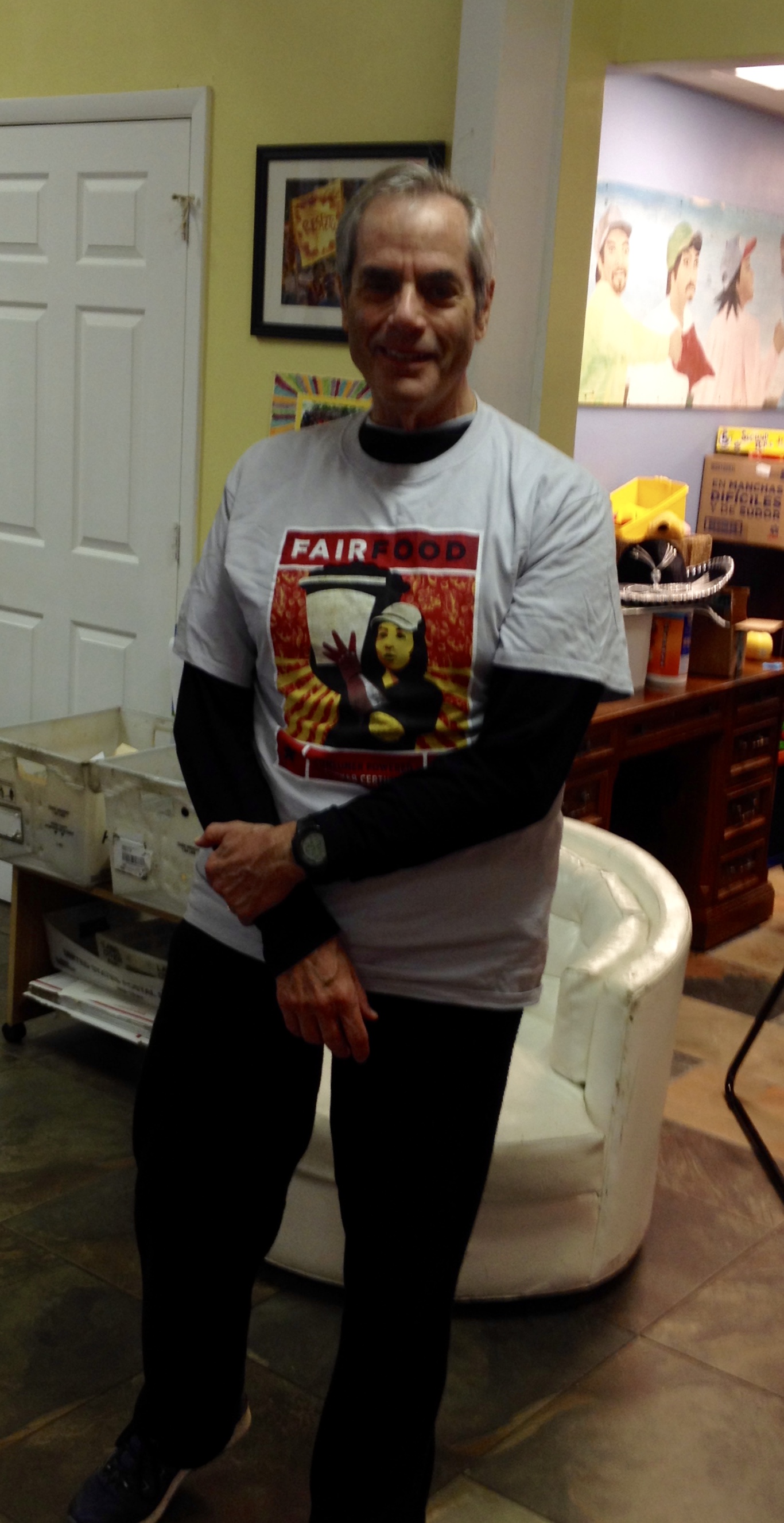From a religious perspective, the Exodus from Egypt, the story from the Torah Jews around the word begin to read this week, enabled all subsequent Jewish history to unfold.
Had God not freed us we would still be slaves in Egypt! Moses, of course is God’s agent in the liberation and the story’s foremost hero.
People often complain that women are subjugated and powerless in the Bible.
Subjugated? Indeed, But by todays standards women in the 1950’s were subjugated. So it should not surprise us that 3000 years ago they did not enjoy the status we expect today.
But were they powerless? Not by a long shot. Without the role six women play the Exodus could not have taken place.
Shiphrah and Puah
Shiphrah and Puah were humble midwives. Pharaoh ordered them to kill every baby boy that emerged from his mother’s womb.
The most powerful man on earth – one worshipped as a god — gave them a direct order! The midwives, though, answered to a higher authority than Pharaoh.
Their bravery rings across the millennia as an answer to those Nazis’ who claimed they had no choice but to kill Jews because, “They were only following orders.” Shiphrah and Puah teach us we always have a choice. (Exodus 1:15-21)
Yocheved
Yocheved, Moses’ mother, hid her baby in defiance of Pharaoh’s decree. Then she placed him in a wicker basket and floated him among the reeds of the Nile. What courage that took, but her gamble paid off! (Exodus 2:1-3)
Miriam
Miriam, Moses’ sister watched the basket from afar. When Pharaoh’s daughter drew it out of the water, Miriam runs to her and suggests the baby’s own mother as its nurse. In so doing she saved her brother’s life. (Exodus 2:4-9)
Pharaoh’s Daughter
Pharaoh’s daughter also is a hero. She defied her father’s decree and saved Moses. For this she received the privilege of giving Moses’ his name) (Exodus 2:5-10)
Zipporah
The final female hero of the Exodus is Zipporah, Moses’ wife. She circumcised their son Eleazar when apparently Moses had neglected to do so. The passage really does not fit into the flow of the story, so the rabbis could have interpreted it any way they wished. They could have deemed it crucial or inconsequential. The chose to teach us that God would have killed Moses had Zipporah not intervened and circumcised their son! (Exodus 4:24-26).
The heroism of the women who played crucial roles in our Exodus from slavery is a strong and accurate answer to those who claim that women always play a secondary or subordinate role in Jewish thinking. The heroic women of the Exodus also provide wonderful role models for girls and women today to admire and emulate.



